Day Cabs For Sale Near Me – The act of selling can be both a release and a renewal, a letting go that paves the way for something new and unknown. The items placed for sale are not merely commodities; they are often vessels of memories, symbols of past achievements, or representations of something bigger than the price tag they carry. In some cases, it’s not just objects that are for sale, but entire industries or institutions. The materials, labor, and expertise that go into crafting these items naturally make them more expensive. These items are often crafted with a sense of purpose, where every stitch, joint, and component is carefully considered to create a product that not only functions well but looks beautiful in the process. Websites and apps like eBay, Craigslist, Facebook Marketplace, and Poshmark have made it easier than ever to find second-hand goods for sale, offering a wider selection and more convenience than traditional brick-and-mortar stores. Whether buying vintage clothing, upcycled furniture, or pre-owned electronics, the growing popularity of second-hand shopping reflects a broader desire for more sustainable, creative, and conscious ways of living. People can be bought and sold in the form of labor, for example, and loyalty can be traded for material gain. They become part of the story of the buyer and the creator, connecting people to a tradition of excellence, heritage, and care. Legal experts are often involved at this stage to ensure that the transaction is conducted in compliance with all relevant laws and regulations. The very notion that everything can be bought and sold creates a society where inequality is not just accepted, but ingrained in the very structure of the economy. Despite the many advantages of buying and selling second-hand goods, there are some challenges that both buyers and sellers must navigate. This stage can involve a variety of specialists, such as accountants, lawyers, and industry experts, who can provide a comprehensive evaluation of the business. By buying second-hand goods, consumers can feel good about supporting their communities and giving back to those in need. One of the key defining features of quality goods for sale is their ability to stand the test of time. When you buy something made from premium materials, crafted with attention to detail, and tested for reliability, you can expect it to deliver value that surpasses its initial cost. For fashion-conscious individuals, buying second-hand is a way to express their personal style while also supporting sustainable practices. Business brokers play a key role in facilitating the transaction by acting as intermediaries between the buyer and seller. The marketplace for second-hand items continues to grow, driven by economic, environmental, and cultural factors. Success after the acquisition depends on a variety of factors, such as effective leadership, market conditions, and the buyer’s ability to make improvements and capitalize on growth opportunities.
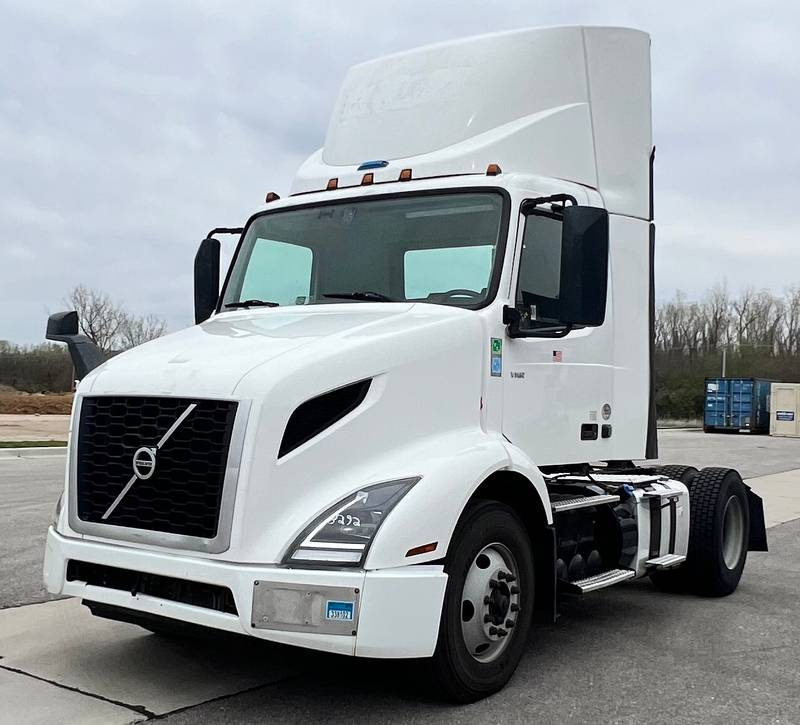
Used 2022 Volvo Day Cabs For Sale
Nationwide availabilitybest buying experienceexclusive penske offers
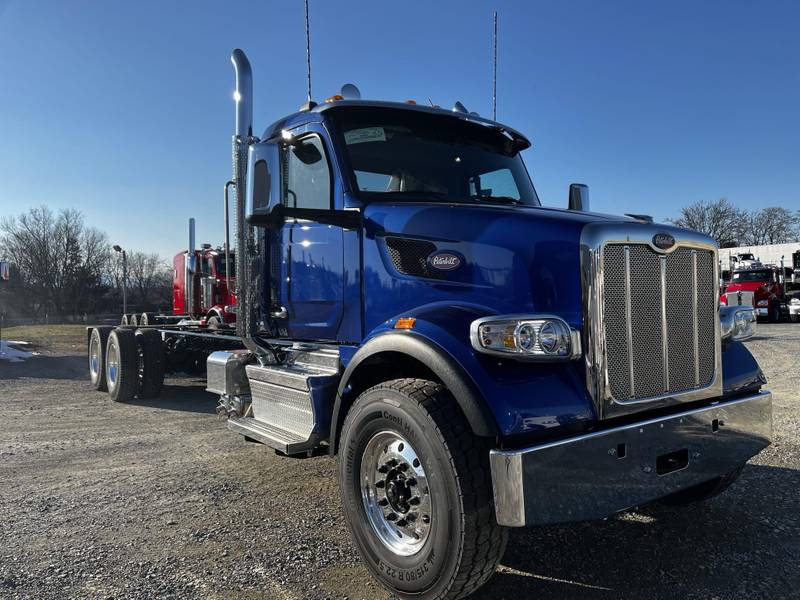
2024 peterbilt Day Cabs For Sale (New & Used)
Nationwide availabilitybest buying experienceexclusive penske offers

peterbilt Day Cabs For Sale in Michigan (New & Used)
Nationwide availabilitybest buying experienceexclusive penske offers

Day Cab for sale in Kansas City, Missouri
Nationwide availabilitybest buying experienceexclusive penske offers
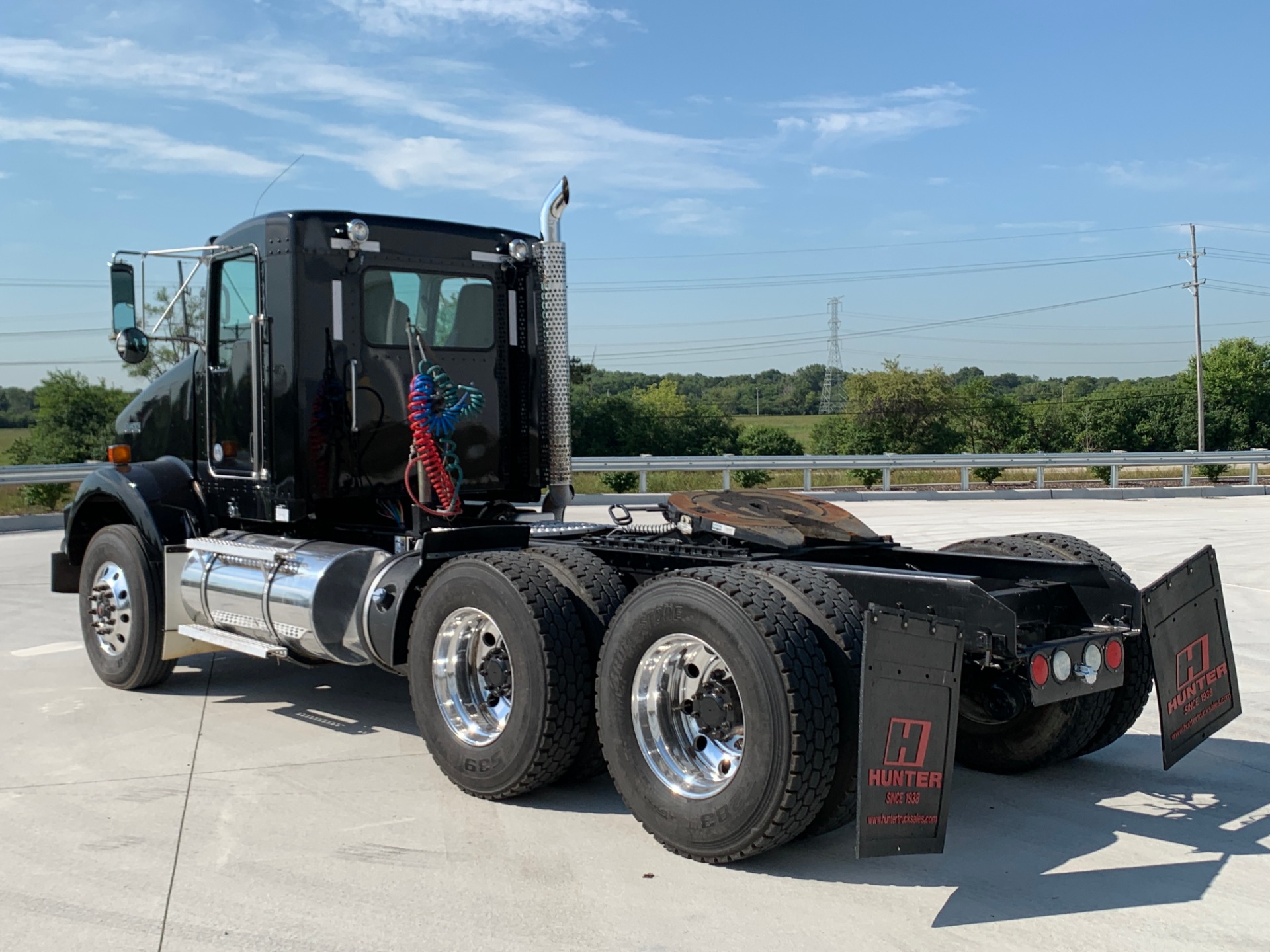
Used 2015 Kenworth T800 TandemAxle Day Cab CUMMINS ISX 450
Nationwide availabilitybest buying experienceexclusive penske offers

Used Day Cabs Trucks for Sale Papé Kenworth
Nationwide availabilitybest buying experienceexclusive penske offers
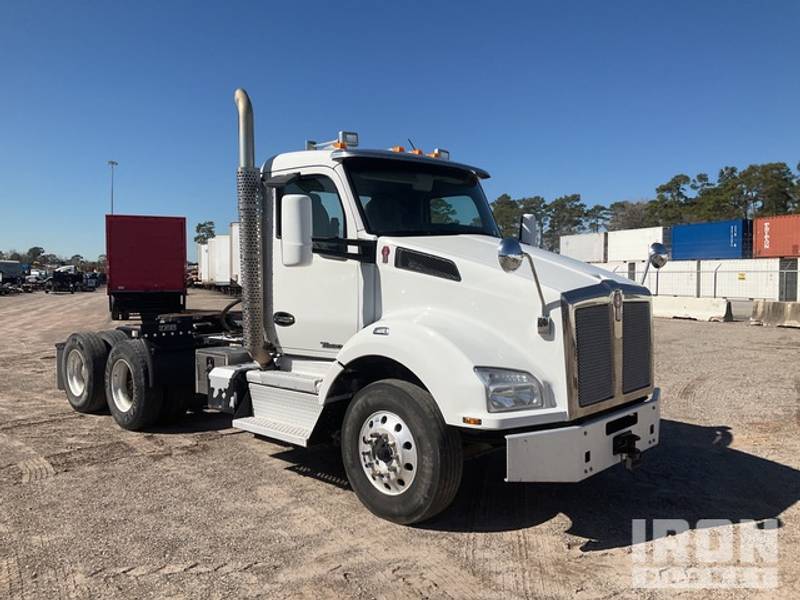
2021 kenworth Day Cabs For Sale (New & Used)
Nationwide availabilitybest buying experienceexclusive penske offers
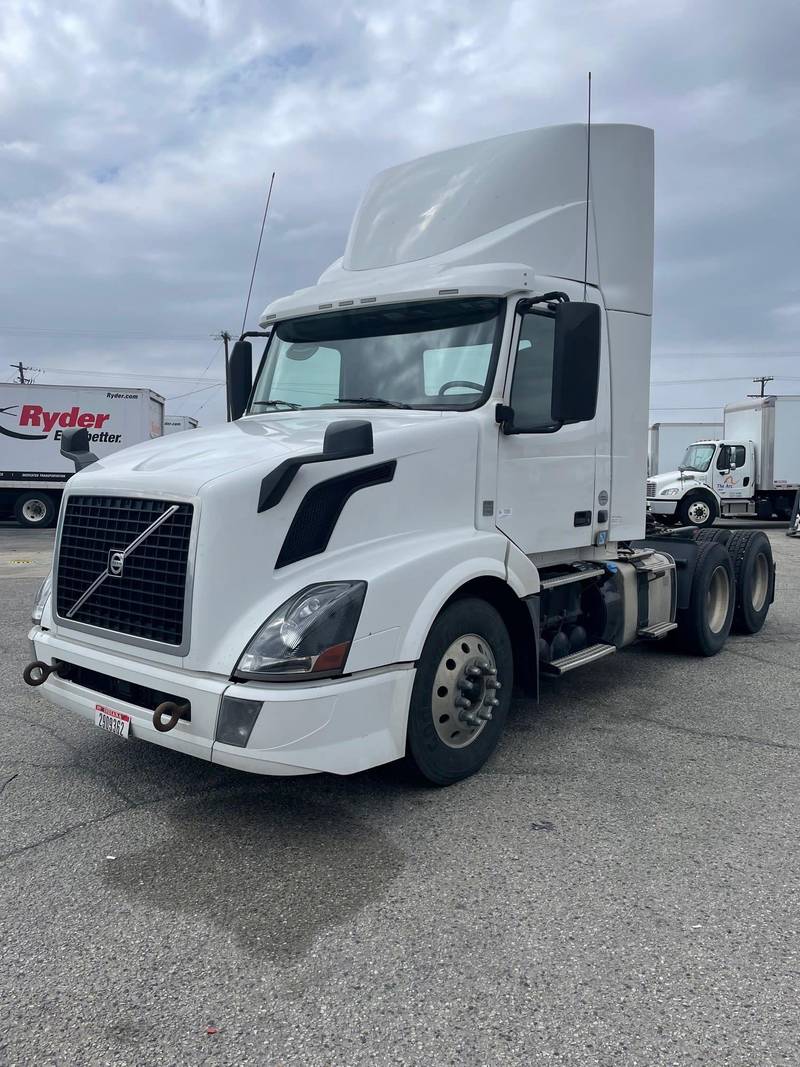
Volvo Day Cabs For Sale in Washington (New & Used)
Nationwide availabilitybest buying experienceexclusive penske offers

2013 Freightliner M2 112 Single Axle Day Cab Truck For Sale Sanford
Nationwide availabilitybest buying experienceexclusive penske offers
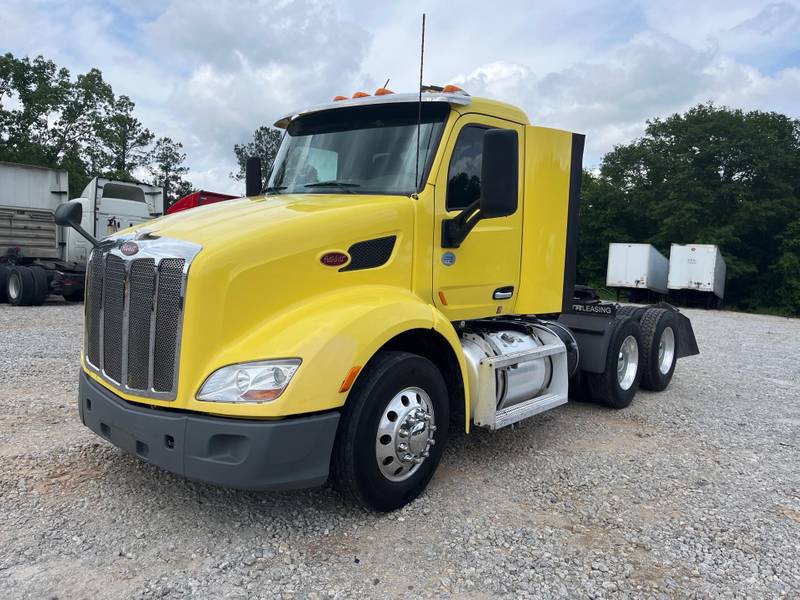
Used Peterbilt Day Cabs For Sale
Nationwide availabilitybest buying experienceexclusive penske offers
Each item was unique, and the quality was immediately apparent to the buyer. For people looking to furnish their homes, build a wardrobe, or invest in certain hobbies or collections, second-hand goods often provide a way to access items they might otherwise be unable to afford. Online platforms also offer the convenience of searching for specific items, whether it’s a rare collector’s item, a particular brand of clothing, or a piece of furniture that fits a specific design style. While buying and selling second-hand items can come with its challenges, the rewards—both financially and environmentally—make it a worthwhile pursuit for many people. Yet, even within this system, there is room for hope. For sellers, the challenge lies in pricing items fairly and accurately representing their condition. For the buyer, there is the risk of inheriting a business with hidden problems or liabilities that were not disclosed during the due diligence process. This is especially true in a world dominated by fast fashion, disposable electronics, and mass-produced products. This leads to the accumulation of waste that ends up in landfills, contributing to pollution and the depletion of valuable resources. The business-for-sale market continues to evolve, influenced by economic trends, technological advancements, and shifts in consumer behavior, but one thing remains clear: buying and selling businesses will always be a fundamental part of the global economy. When someone talks about purchasing quality goods, they are likely thinking of items that have been designed to last, to provide a superior experience, and to offer a sense of value far beyond the initial cost. Another aspect that contributes to the appeal of quality goods for sale is the level of detail and attention given to the design. On one hand, there’s the potential for an established client base, proven systems, and a recognizably brand name. In conclusion, the sale of a business is a complex process that involves numerous steps, from identifying the right buyer or seller to completing due diligence and negotiating the terms of the transaction. The online second-hand market has also made it possible for people to buy and sell niche items that may not be available in local stores. This can manifest in the context of career, relationships, or personal goals. In some cases, selling second-hand items can be a way to make a significant profit, especially if the items are rare, vintage, or in high demand. With just a few clicks, consumers can browse through thousands of listings for second-hand items from all over the world. Just as with material possessions, when a person is “for sale,” they put their value on display for others to assess. The notion suggests a world where anything and everything, regardless of its intrinsic value, can be bought, sold, or traded.
When people buy second-hand items, they are extending the life cycle of those goods, which means fewer products end up in the trash. A house can be bought, a car can be sold, a watch can be pawned. Many people continue to resist the notion that everything has a price, and they fight to reclaim what is meaningful and valuable in life. The dynamics of a sale can vary dramatically depending on the context. In a circular economy, items are kept in use for as long as possible, reducing the need for new resources and minimizing environmental harm. But is this a reflection of reality? Or is it an illusion we’ve created, an idea we’ve accepted in order to make sense of a world that increasingly revolves around consumption and profit?
At the core of this idea lies the assumption that everything, no matter how unique or rare, can be exchanged. We are all participants in a vast, interconnected economy, one that doesn’t just involve physical goods but extends to ideas, relationships, and even identities. Additionally, trends in sustainability and eco-conscious living have contributed to the growth of the second-hand market, as consumers become more aware of the environmental impact of their purchasing decisions. Many people find that buying second-hand furniture allows them to acquire high-quality pieces that are built to last, often with a level of craftsmanship that is hard to find in mass-produced furniture. The artist who created it may have one understanding of its worth, while a collector may see it as a valuable investment, and a casual admirer might simply appreciate its beauty without considering its monetary value. In a world where everything is for sale, it’s easy for the vulnerable and the marginalized to be taken advantage of. They are investments, not just purchases, and their value is often felt long after the original transaction has ended. These platforms allow buyers to browse listings, access detailed business profiles, and initiate contact with sellers, all from the comfort of their own home. For the buyer, there is the risk of inheriting a business with hidden problems or liabilities that were not disclosed during the due diligence process. The focus on longevity and reliability is what sets these goods apart from their mass-market counterparts. This has opened up new opportunities for small businesses to thrive and for consumers to access unique, well-made items that they might not have encountered otherwise. For those who are passionate about antiques, art, and memorabilia, the second-hand market offers endless possibilities for finding unique and valuable items that can be passed down through generations or added to a collection. What was once limited to boutique shops or high-end department stores can now be purchased from the comfort of one’s home. For the seller, the goal is to achieve the highest price possible for the business, while for the buyer, the goal is often to secure a fair price that reflects the true value of the business. For the seller, the goal is often to maximize the value of the business, which requires a clear understanding of the company’s assets, liabilities, and future earning potential.